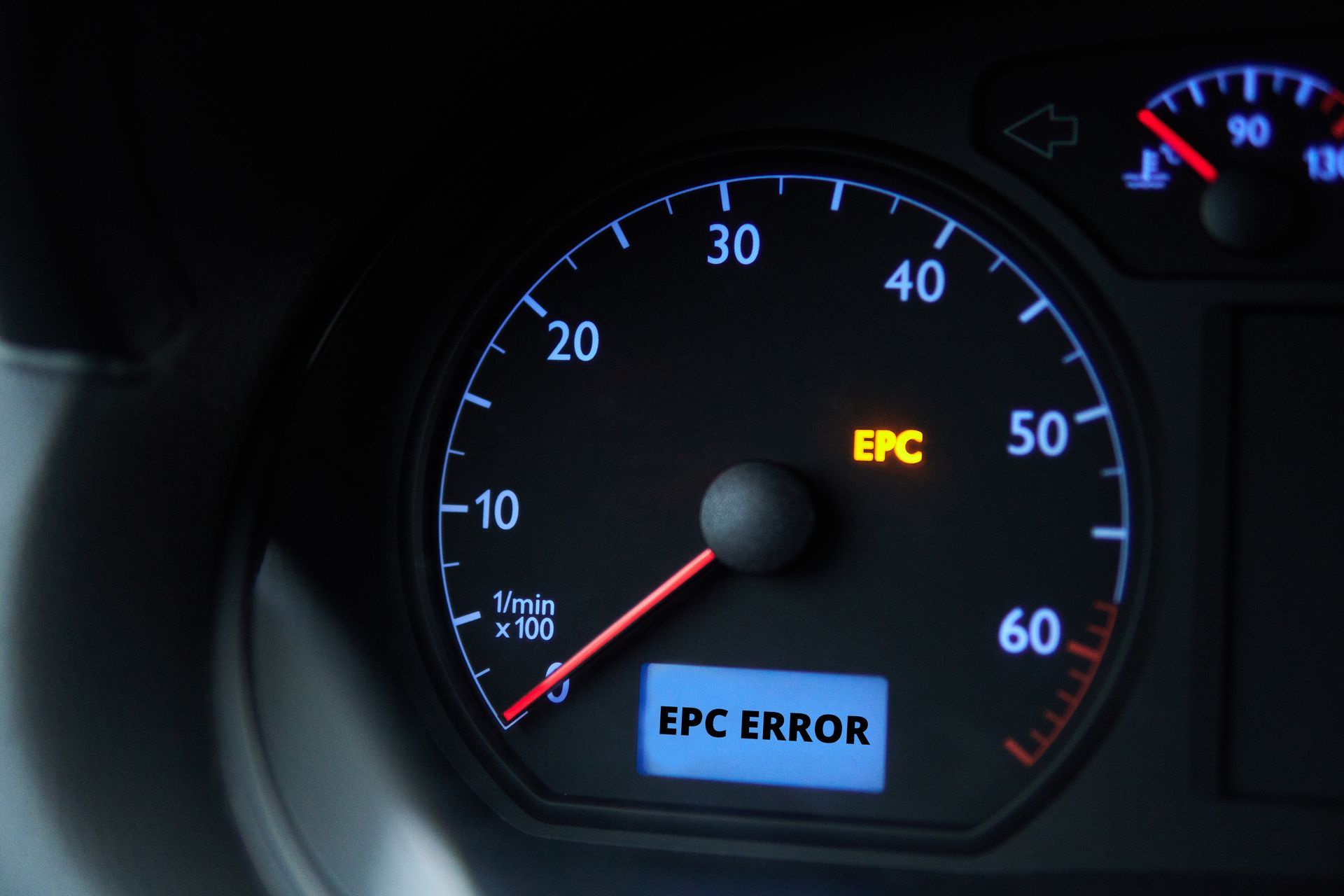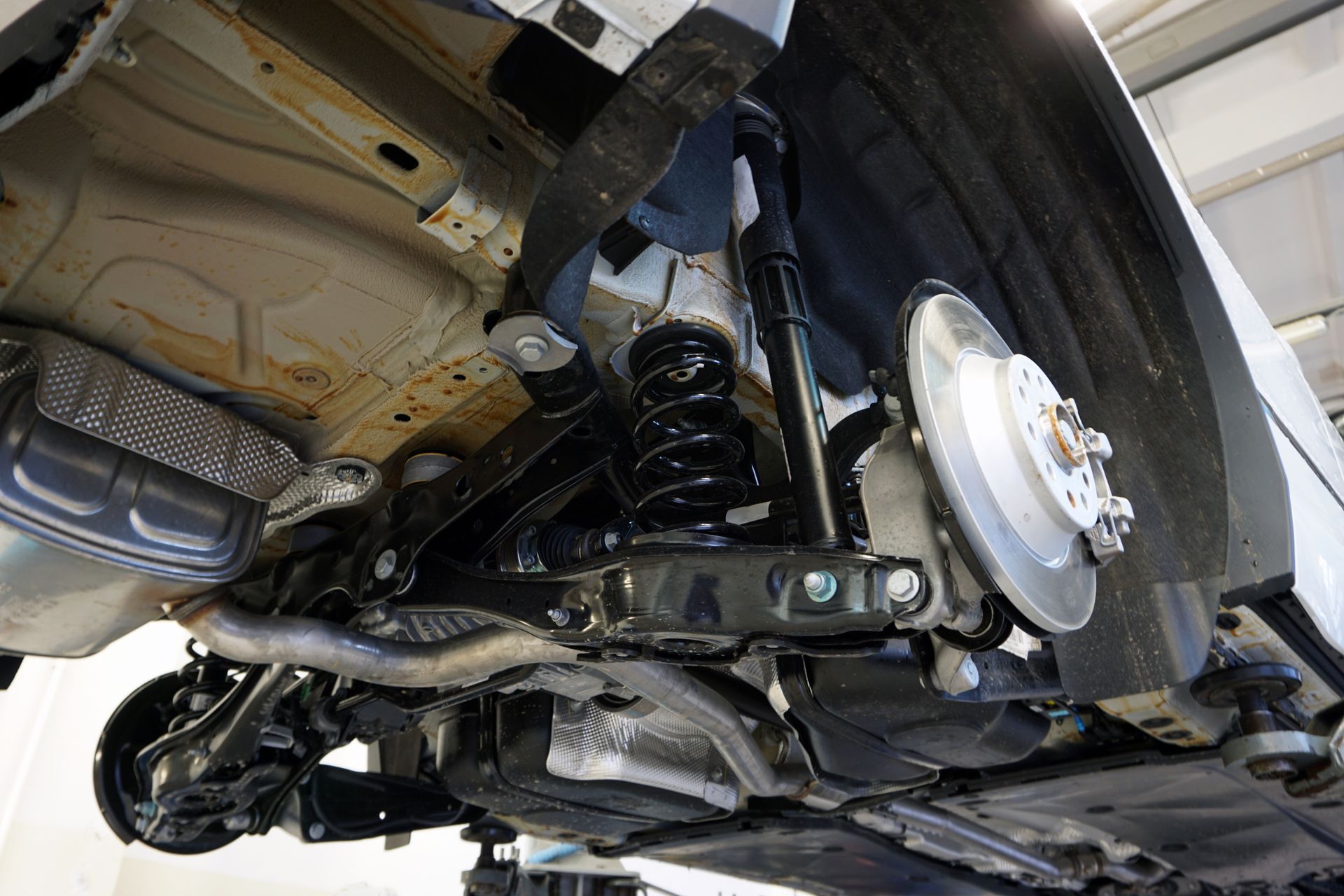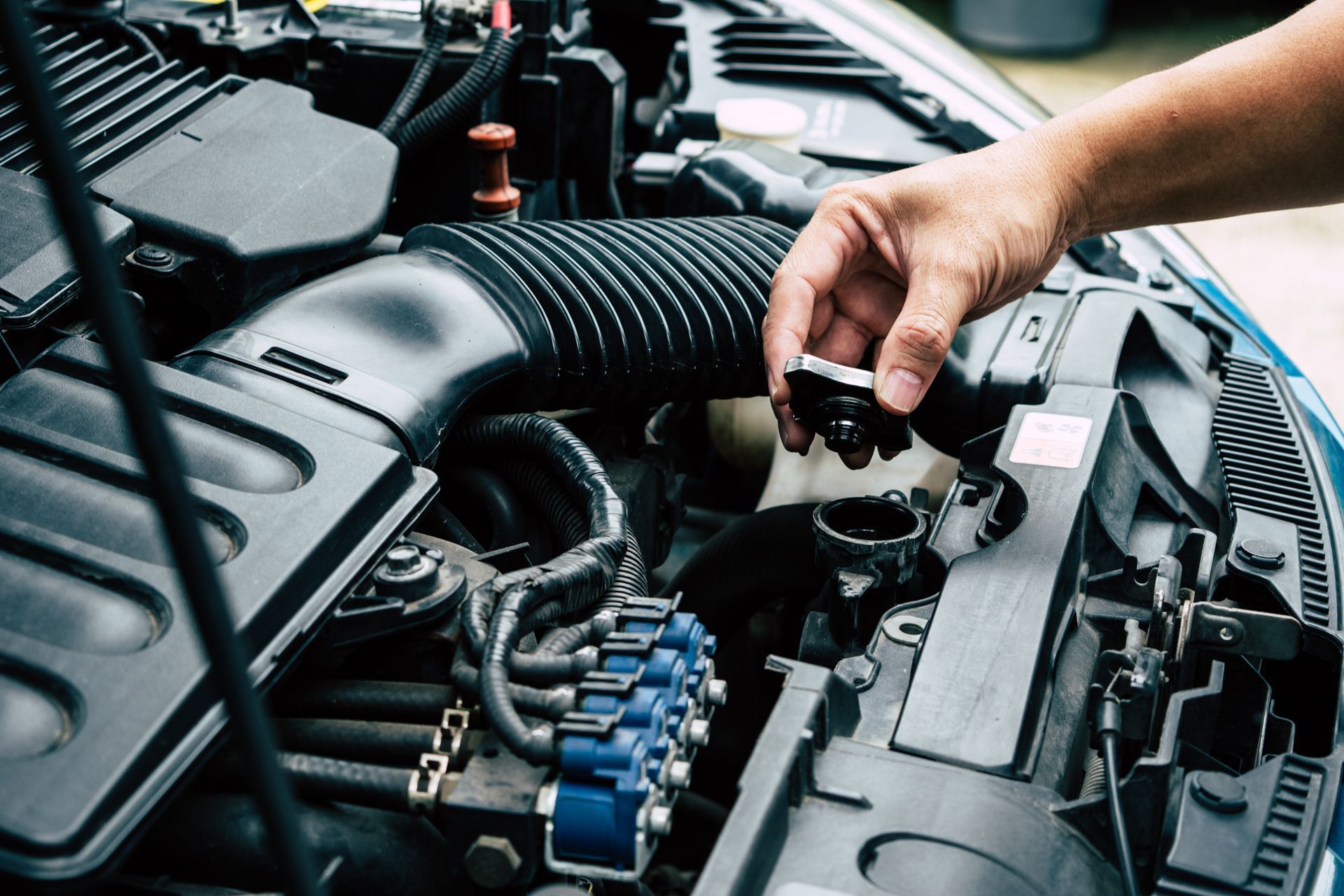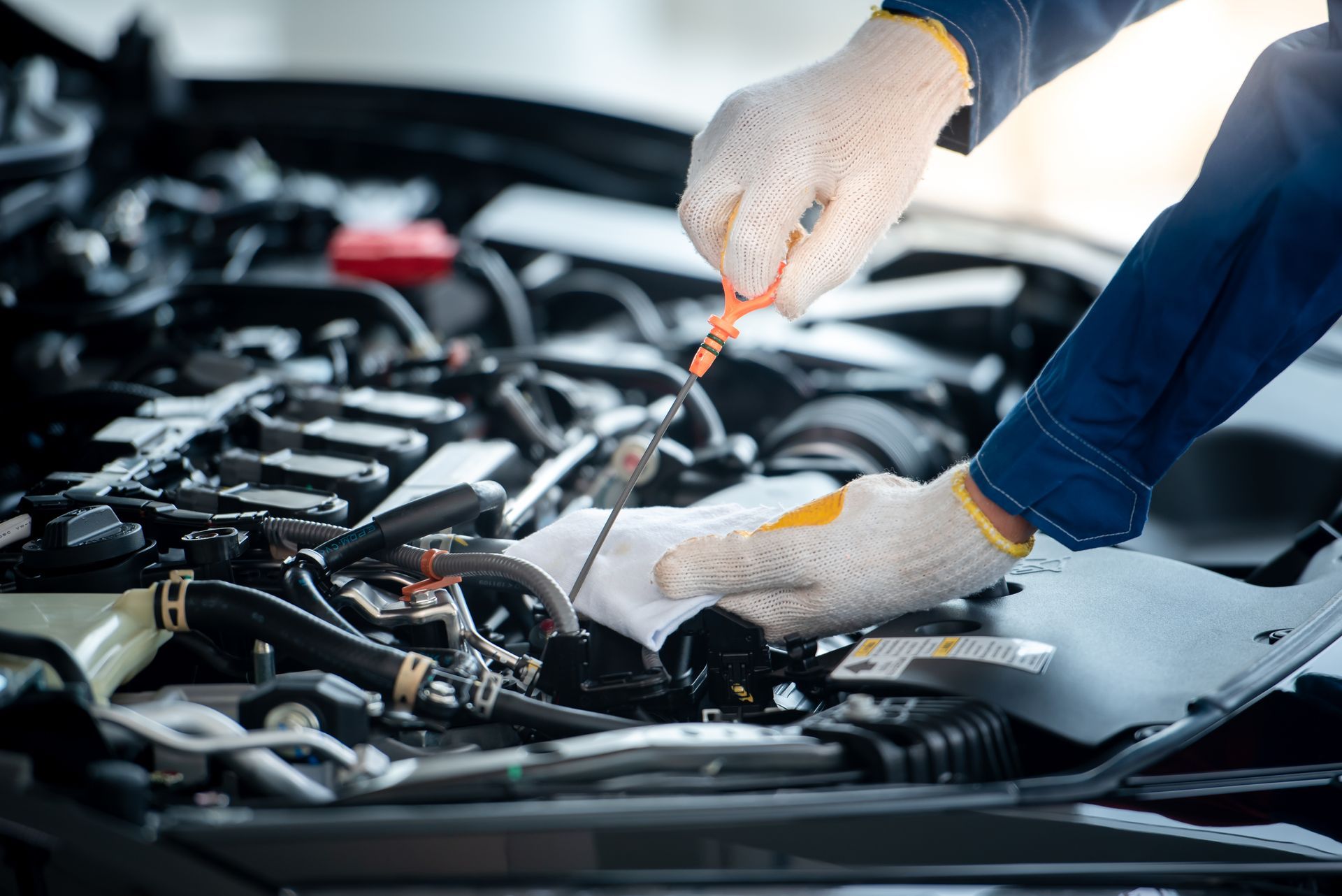When to Schedule Your Next Audi Oil Change and Inspection
Owning an Audi means driving a vehicle built for performance, precision, and comfort. To keep it running at its best, routine maintenance is key, especially when it comes to oil changes and inspections. Unlike some vehicles that have simpler needs, Audis are engineered with advanced systems that require specific care to protect performance and avoid costly repairs.
Knowing when to change the oil and schedule inspections can save you money and keep your car performing the way it was designed to.
Why Regular Oil Changes Are Essential
Your engine oil does more than just lubricate moving parts. It helps reduce friction, keeps temperatures stable, and traps contaminants that can damage internal components. Over time, however, oil breaks down and loses its effectiveness, leaving your engine vulnerable to wear.
If oil isn’t changed regularly, sludge can build up inside the engine. This restricts the flow of oil and makes the engine work harder, which can reduce efficiency and even lead to long-term damage. For high-performance engines like those in many Audi models, clean oil is especially important to maintain smooth operation.
Recommended Oil Change Intervals for Audi Vehicles
Most newer Audi models can go 7,500 to 10,000 miles between oil changes thanks to synthetic oil, which lasts longer and provides better protection. Older models or vehicles exposed to severe driving conditions need more frequent changes, around every 5,000 miles.
Your driving habits also make a big difference. Stop-and-go city driving, frequent short trips, and extreme temperatures can all cause oil to break down faster. Even if you don’t hit the mileage threshold, it’s still a good idea to change your oil at least once a year to prevent old oil from degrading and losing its protective qualities.
Why Inspections Are Just as Important
An oil change is the perfect opportunity to inspect other critical systems in your Audi. A trained technician can check components like the brakes, belts, hoses, and fluid levels to catch early signs of wear before they lead to bigger problems.
For example, minor leaks, low coolant levels, or worn suspension parts can be addressed before they affect your car’s safety or performance. Routine inspections also make it easier to stay on top of manufacturer-recommended maintenance, which can help you avoid unexpected breakdowns.
Using the Onboard Maintenance Reminder
Most modern Audi vehicles are equipped with an onboard maintenance reminder system that monitors driving conditions and alerts you when it’s time for an oil change or inspection. While this tool is helpful, it’s still smart to stay proactive and not rely solely on the reminder.
Keeping track of mileage, maintenance history, and service intervals can help ensure your vehicle stays in peak condition without waiting until a warning light appears.
Why Routine Service Protects Long-Term Value
Regular oil changes and inspections help you avoid breakdowns and protect your investment. High-performance vehicles like Audis often hold their value better when they’re properly maintained.
Potential buyers and dealerships often look for complete service records, and consistent maintenance can make a significant difference in resale value. It also helps prevent expensive repairs caused by neglect, saving you money in the long run.
Trust Bertinis German Motors for Expert Audi Service
At Bertinis German Motors in Roseville, CA, our technicians understand the unique needs of Audi vehicles. We use the right synthetic oils, follow factory-recommended intervals, and perform thorough inspections to keep your car running like new.
Whether it’s time for an oil change, a routine inspection, or both, you can count on
Bertinis German Motors for reliable, precision care that protects your Audi’s performance and value.










